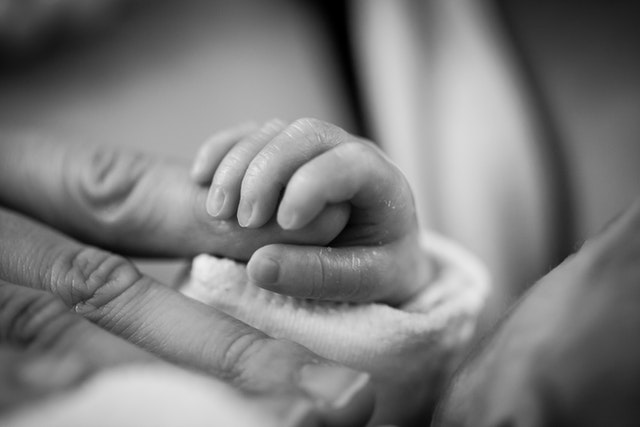
We never want to believe that the worst-case scenario could happen. But it’s essential to prepare for these situations so you know how to respond if the occasion arises. Understanding the different types of birth injuries, as well as whether it’s due to natural causes or medical malpractice, will help you begin to navigate these unfortunate circumstances.
What Is A Birth Injury?
A birth injury is when a baby suffers a physical injury during the birthing process. Occasionally this is referred to as neonatal birth trauma. A birth injury can sometimes result in an injury to the mother as well, depending on the type of injury the baby has sustained.
Causes Of A Birth Injury
There are several reasons why your child may experience a birth injury. Sometimes it’s due to natural causes, such as a larger baby being delivered. There also could have been doctor negligence – in this case, you may need to hire a medical malpractice lawyer.
Some of the most common causes of a birth injury may include, but are not limited to:
- A delayed birth that lasts over 18 hours.
- Larger babies weighing more than 8 pounds, 13 ounces.
- Premature birth before 37 weeks, causing oxygen deprivation from a prolapsed umbilical cord or underdeveloped lungs.
- Cephalopelvic disproportion in which the mother’s pelvis is not the appropriate size or shape for proper vaginal delivery.
- Medical malpractice due to nurse or doctor negligence.
- Abnormal birth position, such as a breech delivery.
- Mothers who are overweight.
- Dystocia, otherwise known as a difficult birthing process from issues such as slow dilation of the cervix.
The only way to know the root cause of a birth injury is to be properly diagnosed by a medical professional. If your child has a birth injury, it’s critical to seek medical attention from your doctor immediately.
Common Birth Injuries
Different causes can lead to various types of injuries. Some of the more common ones to be aware of include:
- Cerebral palsy
- Brachial palsy (nerves in the arms and hands are injured)
- Bruising or forceps marks
- Facial paralysis
- Cephalohematoma (bleeding under the cranial bone)
- Fractured collarbones
- Perinatal asphyxia (insufficient oxygen in the blood)
- Hemorrhages
- Spinal cord injuries
- Caput succedaneum (swelling of the soft tissue)
Coping When Your Baby Has A Birth Injury
Sometimes birth injuries have a way of resolving themselves. Subconjunctival hemorrhages, for instance, are when small blood vessels in the baby’s eyes have been broken. You may notice redness in their eyes after they’re born. But this is reversible and the redness will typically go away within ten days.
However, there are circumstances when birth injuries cause lifelong struggles that impact every member of the family. It’s an adjustment where you need to alter many things about your life to provide quality care for the remainder of your child’s life.
It’s important that you don’t go through this process alone. A study was published in the Disability and Rehabilitation journal stating that many people who have a child with a birth injury experience overwhelming grief.
This is completely normal, but can also be damaging to your mental health and well-being if not addressed by a professional. Seek help from a licensed therapist or counselor. They can help you create a proper grief and depression plan to help you navigate these difficult times.
Understand Your Legal Rights
In the case that a birth injury is the result of medical malpractice, you need to understand what you and your child’s legal rights are. These types of injuries not only impact the physical and emotional side of the family, but also the financial. It can be incredibly expensive to provide the quality of care your child needs throughout their life.
A birth injury lawyer can help make sure that any hospital, nurse, doctor, or other healthcare provider is held responsible in a court of law if medical malpractice has occurred. Seek representation as soon as possible to avoid further complications down the road.
Get Support
Most importantly, whenever you’re in a position where your child has a birth injury, seek out support. Open up to your friends and family as a form of parental self-care and community. Find support groups for a safe space to share your struggles with other parents who understand.
Reach out to groups online through Facebook and other forums for a place to find support. You don’t have to go through this process alone. There are people out there who want to support you and your child.
